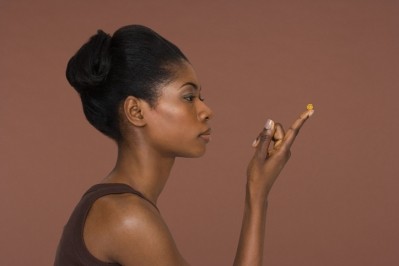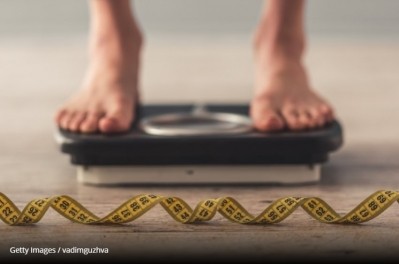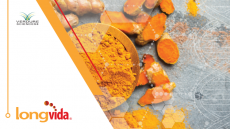Podcast: Dr Lisa Ryan on how gender and taste considerations can contribute to healthy ageing
This content item was originally published on www.nutraingredients.com, a William Reed online publication.

With ageing differences that occur between the sexes and taste changes that occur over time, Dr Ryan outlines how foods can take these factors into account and contribute to a healthy ageing process.
“We know that men and women have different numbers of taste buds,” Dr Ryan says. “And as we age, all of our taste buds decline, but actually, it seems to affect the genders differently.
“And most notably, around the menopause, which, of course, you know, women 50%, roughly half of the population, they're all going to go through the menopause at some stage.
“And out of the women that go through the menopause, around 50% of all women end up with this burning sensation in the mouth destroy might fail, which on affects their taste, and that ultimately affects food choice,” Dr Ryan adds.
An overlooked issue?

The subject of nutrition for the elderly has been one that some think has been overlooked by the industry, where interest has almost always been on new and innovative concepts for a younger demographic.
“I think it is something we don't look at enough,” Dr Ryan says.
“We know from food consumption data that elderly individuals are buying baby food, because it's packaged in a size that is suitable for them.
“Because if you live on your own, if you don't have good dentition, then you're going to go for something that is the right size and have the right consistency for you to be able to consume it.
“Certainly, in Australia, when I worked at Monash there was a lot of innovation going on in care homes for the elderly, and how food was presented to try and increase the amount they were consuming.
“But we don't see it on the supermarket shelves. And if we're encouraging people to stay healthy for longer, we should also be looking at portion size food availability for those individuals.”
















